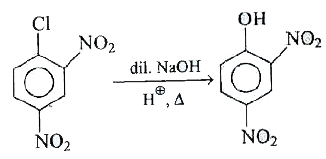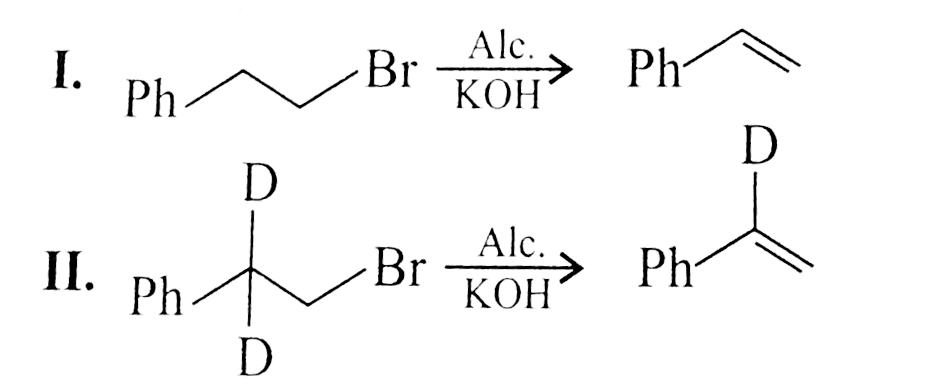As the reaction proceeds, the rate of reaction:
The correct Answer is:C
To solve the question regarding how the rate of reaction changes as the reaction proceeds, we can follow these steps:
Step 1: Understand the Concept of Rate of Reaction
The rate of reaction refers to how quickly or slowly a chemical reaction occurs. It is influenced by the concentration of reactants and products.
Hint: Remember that the rate of reaction is a measure of how fast reactants are converted to products.
Step 2: Analyze the Initial Conditions
At the beginning of a reaction, the concentration of reactants is at its highest. This high concentration typically leads to a faster rate of reaction because there are more reactant molecules available to collide and react.
Hint: Consider how the concentration of reactants affects the frequency of collisions between molecules.
Step 3: Observe Changes Over Time
As the reaction proceeds, the reactants are consumed to form products. Consequently, the concentration of the reactants decreases over time.
Hint: Think about what happens to the concentration of reactants as they are converted into products.
Step 4: Relate Concentration to Rate of Reaction
The rate of reaction is directly related to the concentration of the reactants. As the concentration of reactants decreases, the rate of reaction also decreases. This is because there are fewer reactant molecules available to collide and react.
Hint: Recall that a decrease in concentration typically leads to a decrease in reaction rate.
Step 5: Conclusion
Based on the analysis, we conclude that as the reaction proceeds, the rate of reaction decreases due to the diminishing concentration of reactants.
Final Statement: Therefore, as the reaction proceeds, the rate of reaction decreases.
Summary of Steps:
1. Understand the rate of reaction.
2. Analyze initial conditions of high reactant concentration.
3. Observe the decrease in reactant concentration over time.
4. Relate decreasing concentration to decreasing rate of reaction.
5. Conclude that the rate of reaction decreases as the reaction proceeds.
The rate of reaction refers to how quickly or slowly a chemical reaction occurs. It is influenced by the concentration of reactants and products.
At the beginning of a reaction, the concentration of reactants is at its highest. This high concentration typically leads to a faster rate of reaction because there are more reactant molecules available to collide and react.
As the reaction proceeds, the reactants are consumed to form products. Consequently, the concentration of the reactants decreases over time.
The rate of reaction is directly related to the concentration of the reactants. As the concentration of reactants decreases, the rate of reaction also decreases. This is because there are fewer reactant molecules available to collide and react.
Based on the analysis, we conclude that as the reaction proceeds, the rate of reaction decreases due to the diminishing concentration of reactants.
1. Understand the rate of reaction.
2. Analyze initial conditions of high reactant concentration.
3. Observe the decrease in reactant concentration over time.
4. Relate decreasing concentration to decreasing rate of reaction.
5. Conclude that the rate of reaction decreases as the reaction proceeds.
Topper's Solved these Questions
Similar Questions
Knowledge Check
- Question 1 - Select One
 , this reaction proceed through : Aelectrophilic additionBbenzyne intermediateCnucleophilic aromatic substitutionDoxirane
, this reaction proceed through : Aelectrophilic additionBbenzyne intermediateCnucleophilic aromatic substitutionDoxirane
Assertion (A) Hydrolysis of (-)-2-bromooctane proceeds with inversion of configuration
Reason (R) This reaction proceeds through the formation of a carbocation.View SolutionOn increasing the temperature , the rate of a reaction:
View SolutionThe reaction
 proceeds by the mechanismView Solution
proceeds by the mechanismView SolutionThe rate constant of a reaction is equal to the rate of reaction when
View SolutionWhat do you understand by rate of a reaction and specific reaction rate ? How the rate of a reaction can be determined ?
View SolutionHow is the rate of reaction expressed ? Write the factors which affect the rate of reaction.
View SolutionFor a gaseous reaction, the rate of reaction may be expressed in the units
View Solution


